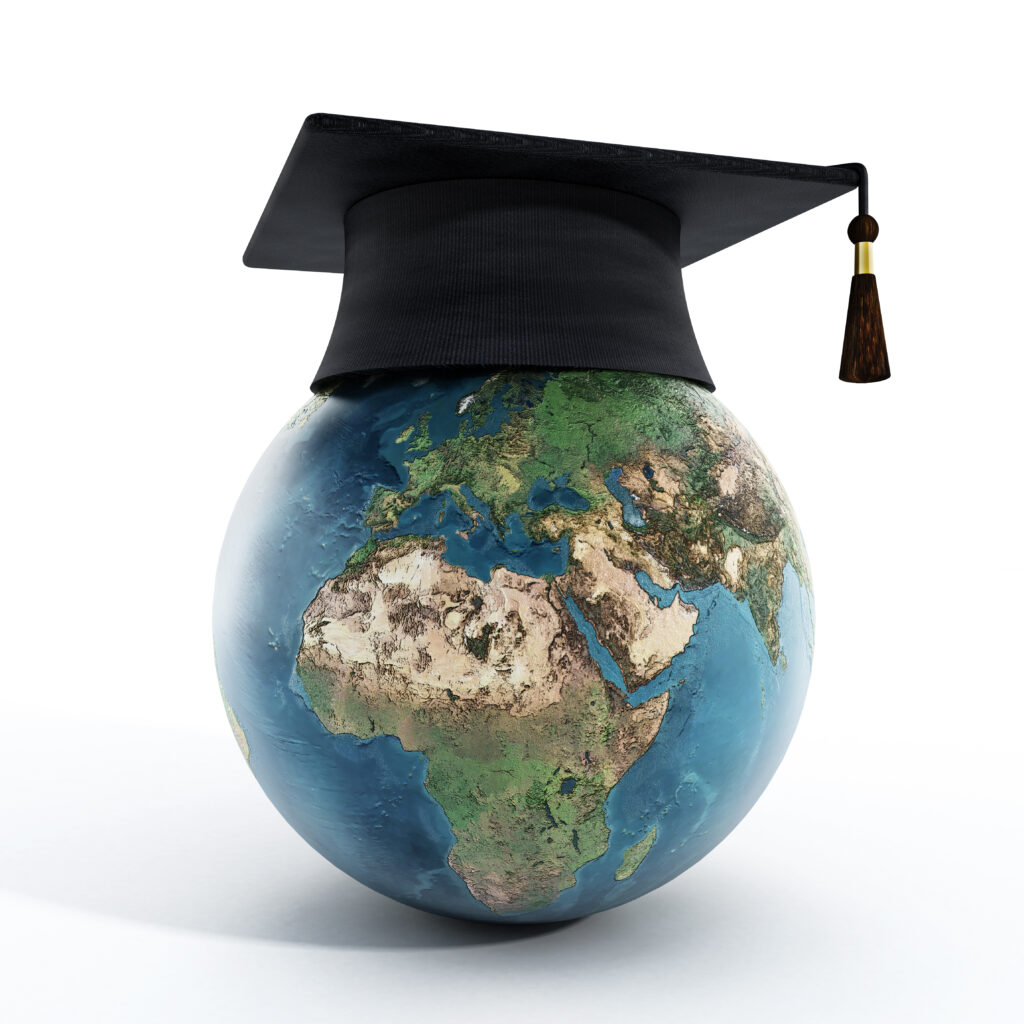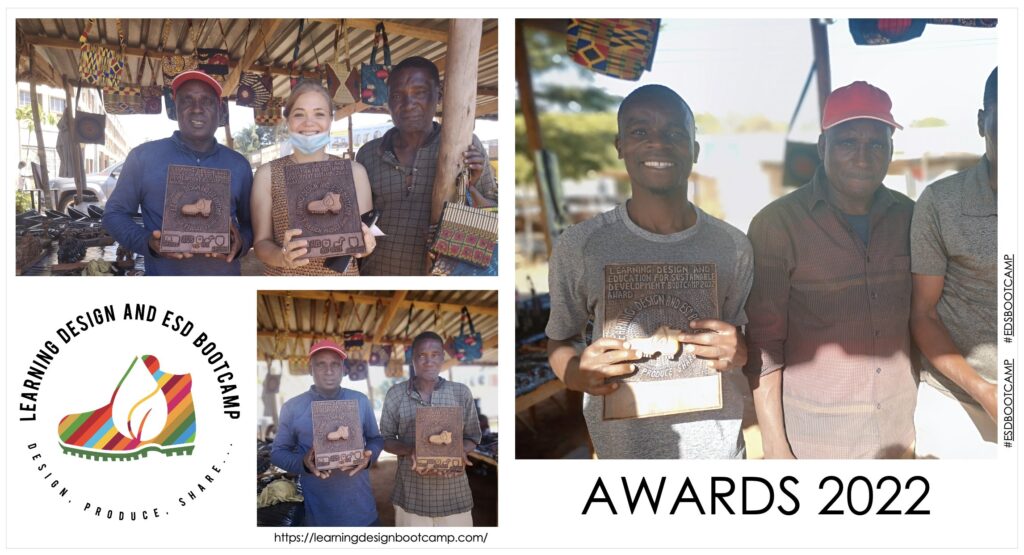Education for Sustainable Development Bootcamp trained teams from 21 universities on transformative pedagogies to include SDGs in curricula

During the 12 weeks of the Pedagogical Design and Education for Sustainable Development (ESD) Bootcamp, 85 people from 13 countries were trained in the development of a curriculum proposal that includes the Sustainable Development Goals.
Professors, instructional designers and students from 21 universities in Argentina, Australia, Colombia, Chile, Ecuador, United Arab Emirates, Spain, Hong Kong, Honduras, Mexico, Panama, Peru and the United Kingdom were trained on the Campus IESALC platform and created proposals for module activities lasting more than 16 hours, under the guidance of 41 mentors of different nationalities specialized in Pedagogical Design and Sustainability.
All activities were based on the framework of key competencies for sustainability proposed by UNESCO, to strengthen ways of thinking, being and practicing. The design was based on the expected learning outcomes, and with the help of the CODEDesign ESD tool, the activities were planned based on the key competencies for sustainability, defining specific learning objectives focused on the SDGs, and measuring the percentage of activities aimed at developing the cognitive, socio-emotional and behavioral domains.
This first Bootcamp on Pedagogical Design and Education for Sustainable Development designed by The Association for Learning Design & ESD (ALDESD) included experts from the Open University, Anglia Ruskin University, the Global Sustainability Institute ARU, American University of Sharjah and UNESCO, among others.
During 12 weeks, the teams from the 21 participating universities (12 teams from the Spanish group and 10 teams from the English group) participated in the course available in English and Spanish, where they learned about enriching experiences with experts such as Anne Finlayson and Paul Vare, who shared with all participants their practices to promote ESD through innovative methodological proposals.
The specialized training program sought interaction among multidisciplinary teams to promote new ideas and solutions to specific challenges. By developing skills and knowledge of practical application, innovative responses were achieved that seek to empower students to assume future responsibilities and actively contribute to the transformation of our society.
This experience will have a direct impact and aims to generate lasting and profound changes to ensure the sustainability of our planet with education as a lever for change.
The closing event of the group in Spanish was moderated by Yuma Inzolia, Academic Coordinator of UNESCO IESALC, who highlighted “the development of a sustainable culture requires a clear awareness of the need for a fairer and more inclusive world and this is achieved through Education for Sustainable Development”.
María Toro Troconis, ALDESD Founder and Director, and Francesc Pedró, Director of UNESCO IESALC, participated in the event and presented wooden plaques, designed by a Malawian artist, in recognition of two projects.
The first was for the postgraduate course “Wetlands from the SDGs: theory and practice in Iberá”, developed by the Faculty of Exact and Natural Sciences and Surveying of the Universidad Nacional del Nordeste, Argentina. Its objective is to analyze the impact of human activities on wetland ecosystems.
The other recognition went to the team from Manchester Metropolitan University (UK), which presented the course entitled “Professional Geographer” to equip students with a range of academic, personal and professional skills and help establish their credentials as early career academics and global citizens.

In figures
- 85 people trained 60 hours of collaborative work
- 1477 posts made in the forum
- 2102 files shared
- +80 hours of mentoring
Participating universities
Proposed projects

RELATED ITEMS








